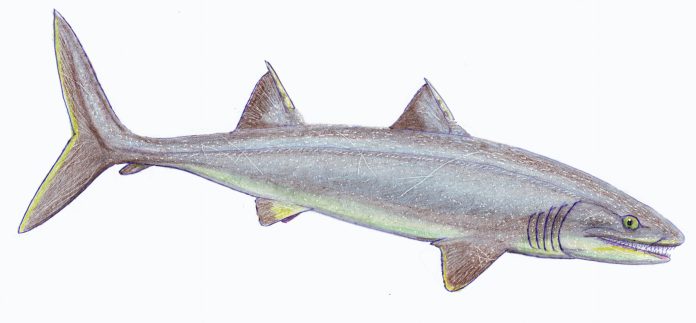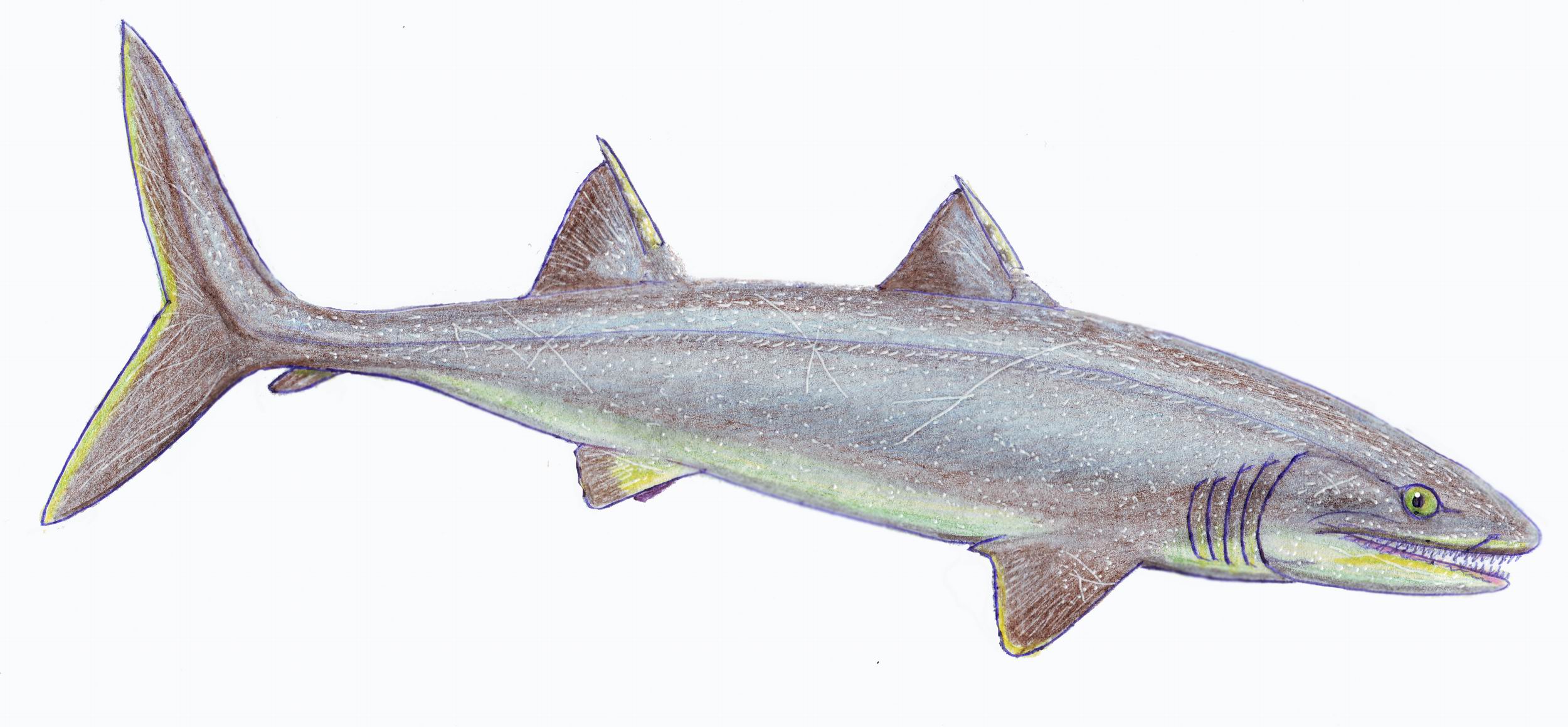
At Mammoth Cave National Park in Kentucky, paleontologists have revealed the discovery of two new shark species, providing insight into the prehistoric marine life. The new species, Troglocladodus trimblei and Glikmanius careforum, have been discovered as part of the park’s Paleontological Resources Inventory, shining a light on a time when the region was an ancient ocean habitat.The discovery is not just a testament to the rich history concealed within the cave’s limestone walls but also highlights the untapped potential of the park’s fossils. The Mammoth Cave, now known for its extensive network of caverns, once lay beneath an ancient seaway that connected the continents of eastern North America, Europe, and northern Africa more than 325 million years ago.

Troglocladodus trimblei, named in honor of park Superintendent Barclay Trimble, was unveiled through an early PRI trip in 2019 when Trimble himself found the first specimen.
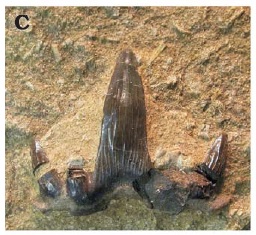
This species, which translates to “Cave Branching Tooth,” was identified through adult and juvenile teeth and is estimated to have reached about 10-12 feet in length. The discovery of such a creature in what is now a landlocked park underscores the evolutionary tales that fossils can tell. Glikmanius careforum, a new species of the genus Glikmanius, is also believed to have been a fierce predator of its time, reaching the same formidable size. The species was named in honor of the Cave Research Foundation, paying tribute to their support in the research conducted at Mammoth Cave.
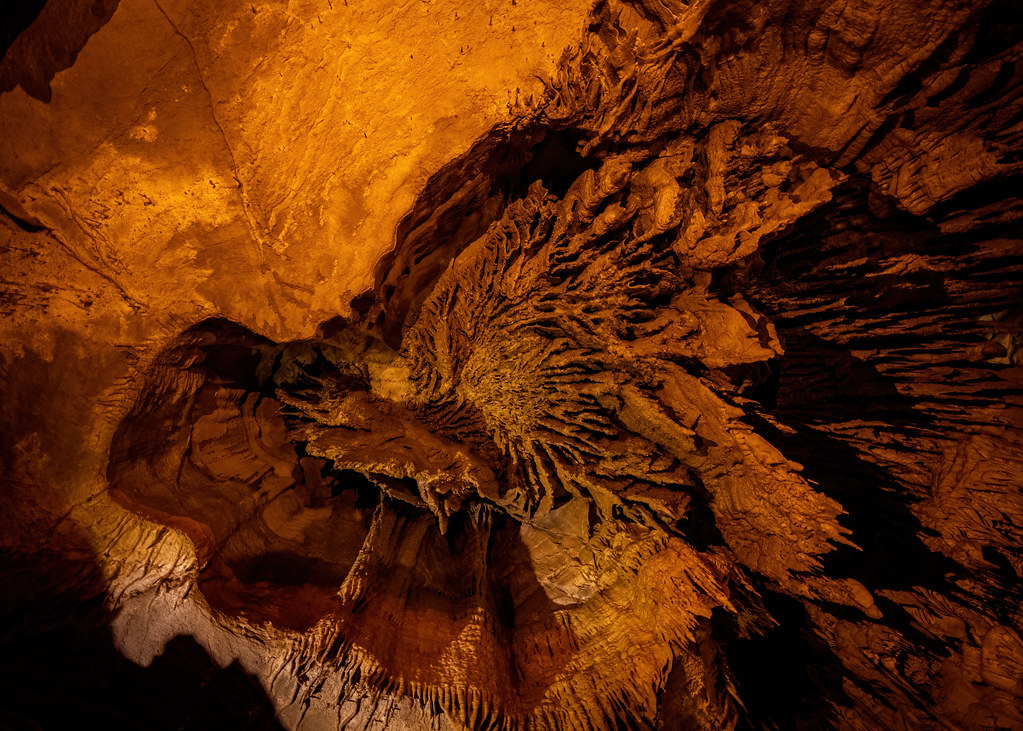
Uniquely, the discovery of a partial set of jaws and gills of a young Glikmanius marks the first of its kind for this genus of ctenacanthus shark, providing invaluable insight into its anatomy and predatory habits. The presence of these apex predators in the fossil record indicates that they once hunted the near-shore habitats that covered Kentucky and Alabama, targeting smaller sharks, bony fish, and squid-like orthocones.
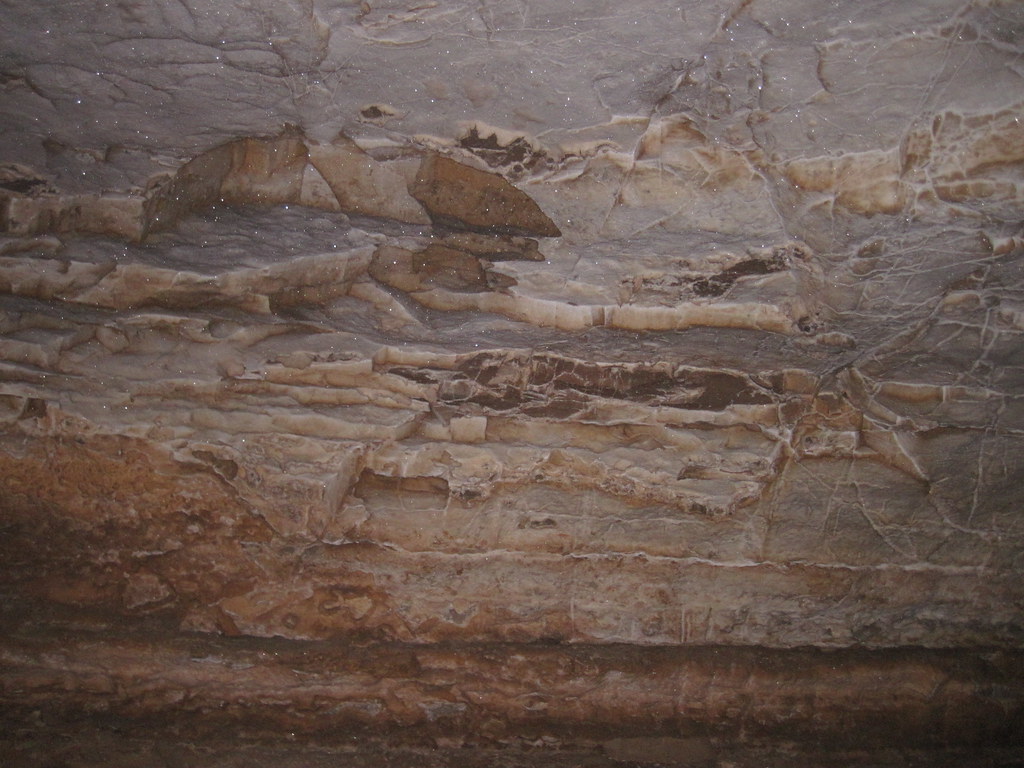
Their sharp cutting teeth and estimated speed suggest they were well-adapted to their environment, dominating the marine ecosystem of their time. Since the Paleontological Resources Inventory began in 2019, over 70 species of ancient fish have been identified, showcasing Mammoth Cave as a significant paleontological site.
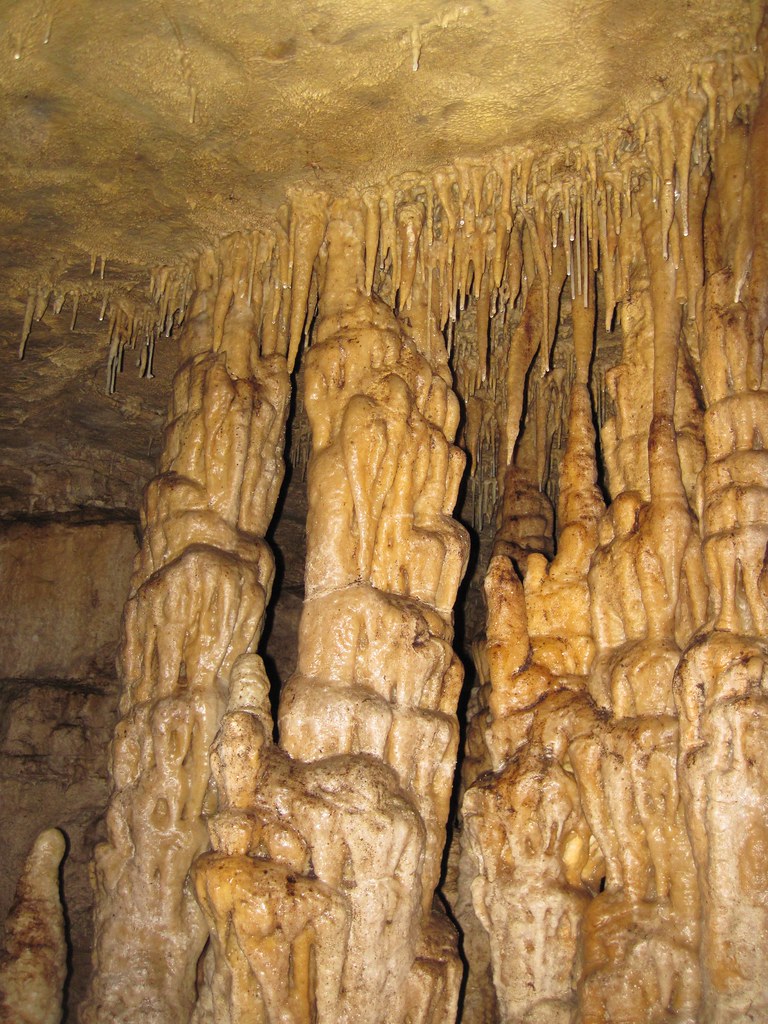
Guided by experts like J.P. Hodnett, these discoveries continue to emerge, each contributing to the intricate story of our planet’s biological heritage. Rick Toomey, a cave guide and paleontologist at Mammoth Cave, expressed excitement about the find, noting, “Before four or five years ago, we had absolutely no idea that we had all of these exciting sharks, so many that are new to science and that Mammoth Cave would be one of the most important shark localities from about 340 million years ago.” The excitement surrounding these findings is palpable, and for good reason. Each discovery peels back another layer of Earth’s natural history, offering a window into an era long gone. While the areas where these ancient sharks have been unearthed are restricted to research crews, it’s clear that Mammoth Cave still holds many secrets, waiting to be uncovered by the persistent and curious eyes of science.
Relevant articles:
– Two new species of shark discovered at Kentucky’s Mammoth Cave National Park
– Two additional ancient shark species discovered in Mammoth Cave, WSFA, Mon, 05 Feb 2024 14:27:00 GMT
– Two new ancient shark species discovered at Mammoth Cave National Park, WLKY Louisville, Mon, 05 Feb 2024 13:58:00 GMT
– Shark fossils found in Kentucky and Alabama lead to discovery of two new species, New York Post, Sat, 03 Feb 2024 22:31:00 GMT
